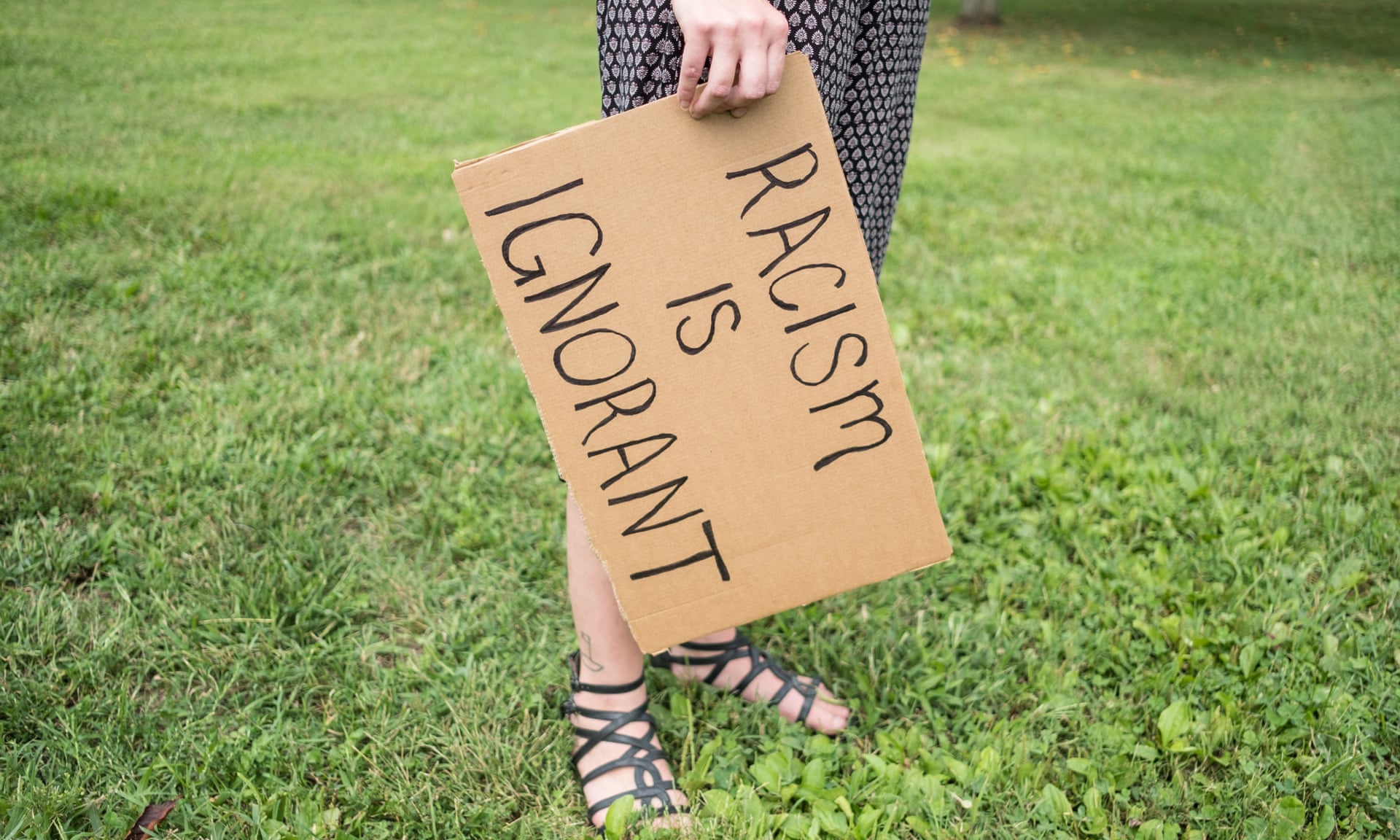How I changed my mind about the biology of racePosted in Articles, Health/Medicine/Genetics, Media Archive, Politics/Public Policy, Social Science on 2019-12-29 02:07Z by Steven |
How I changed my mind about the biology of race
The Guardian
2019-12-28
Philip Ball, Science Writer
Angela Saini’s book Superior showed me our misconceptions about race and science arise from a habit of the mind
It has been common for several years now to assert that science shows the concept of race has no biological basis, and that we must see it instead as a social construct. That case was argued, for example, by Kenan Malik in his 2008 book Strange Fruit, and it is presented, too, in Angela Saini’s Superior (which I reviewed for the Guardian in July), a popular choice on many “books of the year” lists.
I used to be sceptical about this claim. I have all the liberal lefty’s revulsion at racism, but I couldn’t help thinking: “If we insist that race is not biologically determined, won’t that just confuse people, given that it is so blindingly obvious that characteristic markers of race are inherited?” The usual argument is that genomics has identified no clusters of gene variants specific to conventional racial groupings: there is more genetic variation within such groups than between them. But doesn’t that insist on a definition of race that most people simply won’t recognise? Isn’t it better to say that yes, race has a biological basis – but the relevant bodily features are a trivial part of what makes us us?
I confess that I was too nervous to make this suggestion in such an incendiary area. Fortunately, after reading Saini’s book I no longer need to, for Superior gave me the perspective I needed to see what is wrong with it. Our concept of race is not really about skin colour or eye shape, and never has been. It has baked into it beliefs that can’t be dispelled merely by reducing its biological correlates to trivialities. For in our assumptions about race, those features have always been rather irrelevant in themselves. Rather, they serve to activate prejudices stemming from deeply ingrained cognitive habits…
Read the entire article here.
